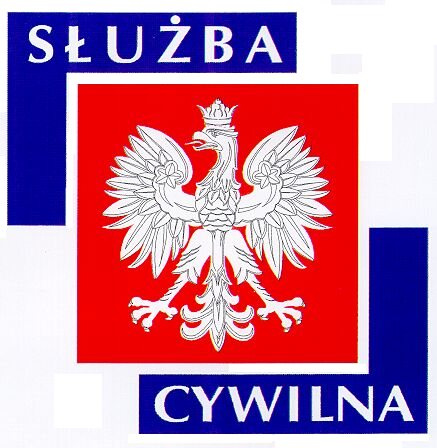 Grzegorz Cessak
Grzegorz Cessak
Communication of the President of the Office of 4.12.2023 on the recommendation of the PRAC Committee regarding new risk minimization measures to reduce the occurrence of serious adverse reactions of medicinal products containing pseudoephedrine
EMA’s safety committee, PRAC, has recommended new measures for medicines containing pseudoephedrine to minimise the risks of posterior reversible encephalopathy syndrome (PRES) and reversible cerebral vasoconstriction syndrome (RCVS).
PRES and RCVS are rare conditions that can involve reduced blood supply to the brain, potentially causing serious, life-threatening complications. With prompt diagnosis and treatment, symptoms of PRES and RCVS usually resolve.
PRAC has recommended that medicines containing pseudoephedrine are not to be used in patients with high blood pressure that is severe or uncontrolled (not being treated or resistant to treatment), or with severe acute (sudden) or chronic (long-term) kidney disease or failure.
The PRAC also recommended that healthcare professionals should advise patients to stop using these medicines immediately and seek treatment if they develop symptoms of PRES or RCVS, such as severe headache with a sudden onset, feeling sick, vomiting, confusion, seizures and visual disturbances.
The recommendations follow a review of all available evidence, including post-marketing safety data, which concluded that pseudoephedrine is associated with risks of PRES and RCVS. During the review, PRAC sought advice from an expert group of general practitioners, otorhinolaryngologists (specialists in diseases of the ear, nose, throat, head and neck), allergologists (specialists in the treatment of allergies) and a patient representative. PRAC also considered information submitted by a third party representing healthcare professionals.
The product information for all pseudoephedrine-containing medicines will be updated to include the risks concerning PRES and RCVS and the new measures to be taken. Restrictions and warnings are already included in the product information of these medicines to reduce cardiovascular and cerebrovascular ischaemic (involving reduced blood supply to the heart and brain) risks.
The PRAC recommendations will now be sent to EMA’s human medicines committee (CHMP), which will adopt the Agency’s final opinion.
Pseudoephedrine works by stimulating nerve endings to release the chemical noradrenaline, which causes the blood vessels to constrict (narrow). This reduces the amount of fluid released from the vessels, resulting in less swelling and less mucus production in the nose.
Pseudoephedrine-containing medicines are authorised in various EU Member States and are used alone or in combination with other medicines to treat symptoms of cold and flu, such as headache, fever and pain, allergic rhinitis (inflammation of the nasal passages from allergies) or vasomotor rhinitis (inflammation of the nasal passages from non-allergic or non-infectious causes), in people with nasal congestion. Pseudoephedrine is also authorised in some EU Member States to treat aerotitis (inflammation of the middle ear due to sudden changes in air pressure) in a fixed-dose combination with triprolidine.
Within the EU, pseudoephedrine-containing medicines are available under various trade names including Actifed, Aerinaze, Aspirin Complex, Clarinase, Humex rhume, and Nurofen Cold and Flu.
The review of pseudoephedrine-containing medicines was initiated at the request of the French medicine agency, under Article 31 of Directive 2001/83/EC.
The review has been carried out by the Pharmacovigilance Risk Assessment Committee (PRAC), the Committee responsible for the evaluation of safety issues for human medicines, which has made a set of recommendations. The PRAC recommendations will now be sent to the Committee for Medicinal Products for Human Use (CHMP), responsible for questions concerning medicines for human use, which will adopt the Agency’s opinion.
The final step in the review process is the adoption by the European Commission of a legally binding decision pursuant to Article 34(1) of Directive 2001/83/EC. This decision will be addressed to all Member States. The Member States concerned and the reference Member State will then be obliged to introduce certain conditions necessary for compliance with this decision and to adapt the product information of medicinal products containing pseudoephedrine to it within 30 days of the notification (Article 34 (3) of Directive 2001/83/EC).
More information available on the website: https://www.ema.europa.eu/en/news/meeting-highlights-pharmacovigilance-risk-assessment-committee-prac-27-30-november-2023










